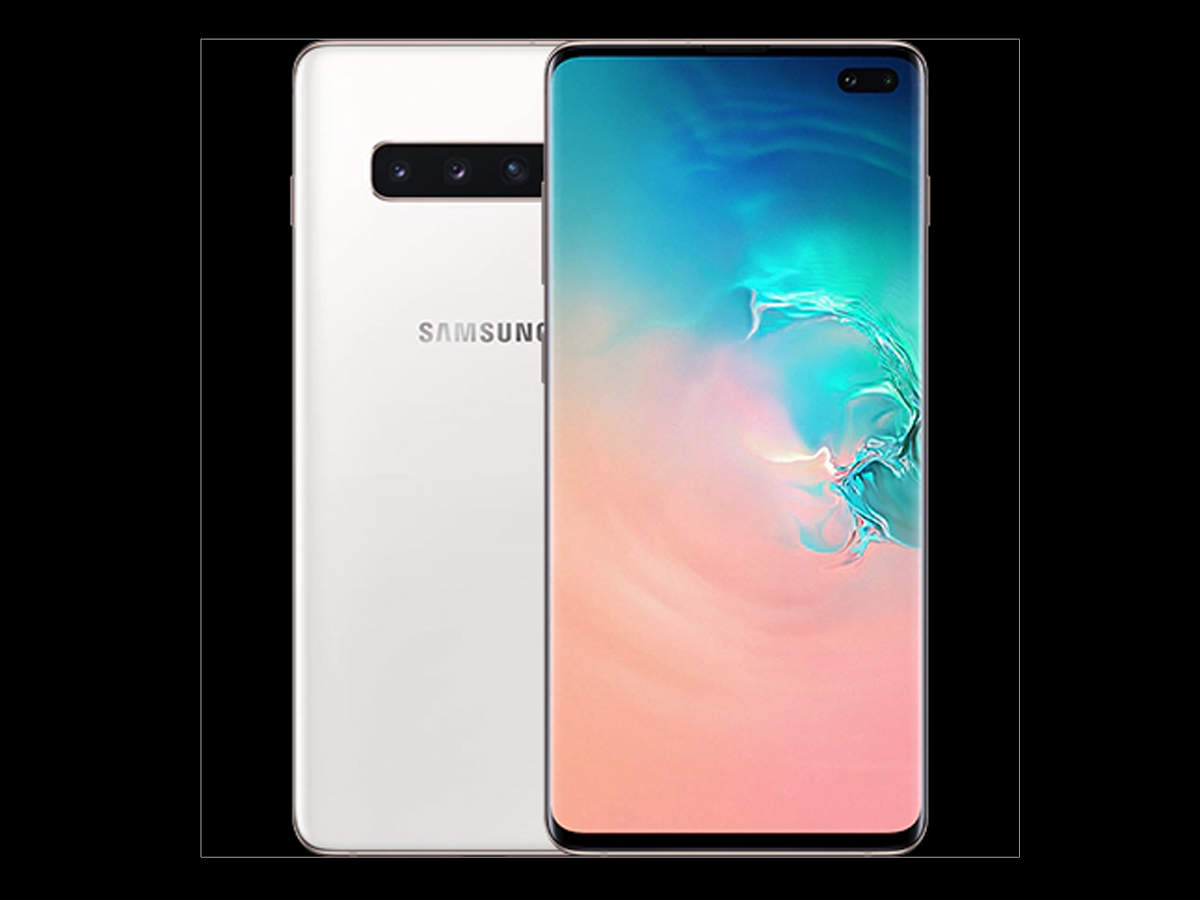The circular economy has emerged as a promising solution to transform the retail industry, and brand-owned resale is at the forefront of this movement. Thrifting, once a popular pastime, has now taken on a tech-savvy twist, attracting a new generation that finds joy in uncovering hidden gems among discarded clothing. Companies are quick to seize this opportunity, not only to tap into the residual value of their products but also to enhance their sustainability credentials.
Key Takeaway
The rise of brand-owned resale platforms, exemplified by Patagonia’s Worn Wear program and Trove’s leadership in this space, highlights the growing popularity of the circular economy in retail. By embracing the concept of selling used items, companies can extend the lifespan of their products, capture additional value, and enhance their sustainability efforts.
Patagonia’s Worn Wear: A Pioneer in Brand-Owned Resale
Patagonia, a renowned outdoor gear supplier, has become a trailblazer in the brand-owned resale arena. Initially starting as a used clothing section in its retail stores, the company’s Worn Wear program has evolved into a thriving e-commerce site. This platform offers discounted prices on items that still have plenty of life left in them. Furthermore, Patagonia enthusiasts can access back catalog items that are no longer available, creating a sense of exclusivity. This decade-long experiment provides a glimpse into the potential future of a circular economy.
For Patagonia, brand-owned resale aligns perfectly with its reputation for producing durable “buy it for life” clothing. The company’s commitment to sustainability further bolsters its pursuit of selling used clothing. Beyond Patagonia, other companies recognize the value that brand-owned resale offers. Even if sustainability is not their primary focus, having their own resale platforms allows these companies to capture some of the value that would typically go to external marketplaces such as eBay, Poshmark, and Mercari.
The Inner Workings of Patagonia’s Worn Wear Program
In order to stock its virtual shelves, Patagonia incentivizes customers to part with their old clothing by offering compensation. While the amount may not match what they could earn through other resale websites, the process is simplified. Customers can either drop off their clothing at a Patagonia retail store or mail them in. Once received at Trove, Patagonia’s partner and a prominent resale platform, the items undergo inspection, photography, and authentication. Trove utilizes a combination of manual checks and computer vision technology to ensure the items are genuine. Each item’s condition is logged, providing customers with a comprehensive understanding of what they are purchasing when browsing the resale site.
Trove has secured its position in the brand-owned resale landscape, having raised over $150 million in funding. Despite facing recent challenges, such as a decrease in valuation, the company remains a leader in its field. Not only does it work closely with Patagonia, but it has also formed partnerships with other prominent clothing and outdoor gear companies, including REI, Levi’s, Lululemon, and Allbirds.

























